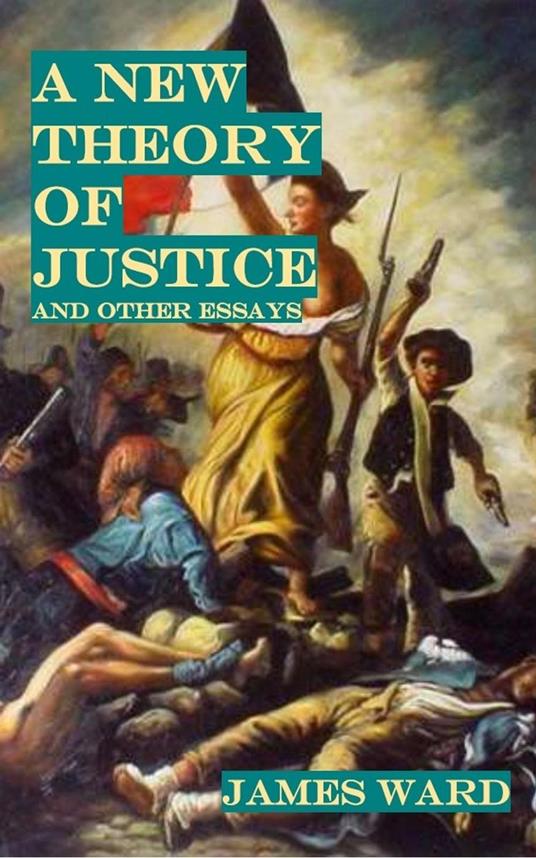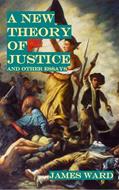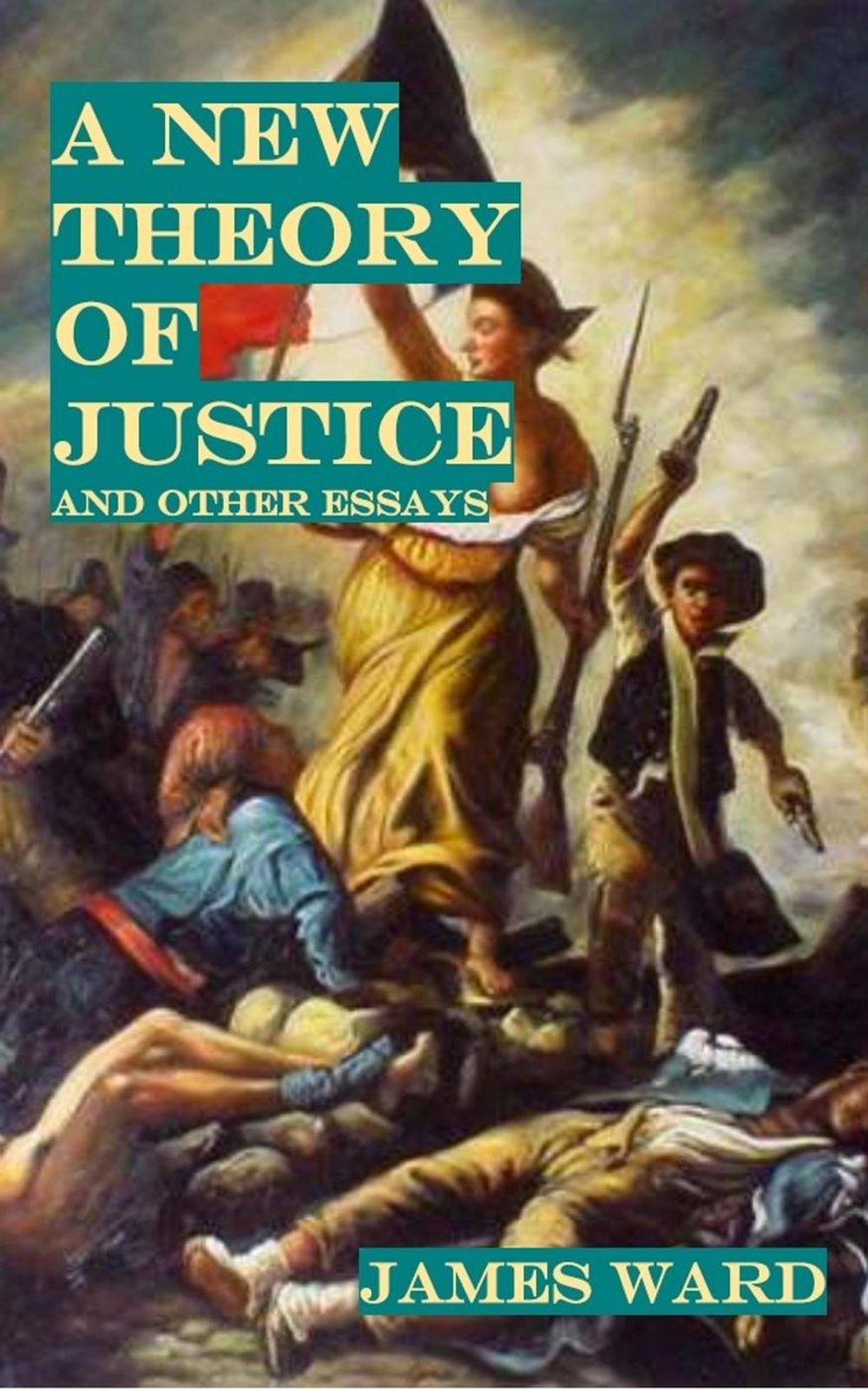A New Theory of Justice and Other Essays
A New Theory of Justice and Other Essays consists of five essays on different philosophical topics, 'A New Theory of Justice' argues that we cannot say what justice is, only what the word means (which probably amounts to how it is used). The question of what justice is, is fully covered by ethical theories like utilitarianism, natural law and deontology, and these leave no remainder such as could be fruitfully addressed by a supplementary 'theory of justice': what is 'just' in any particular situation is simply what is the morally right outcome. As for how 'justice' is used, at the extremes there are two different ways, which the essay describes as 'harmonic' and 'emancipatory'. The former is prior. 'A New Approach to the Philosophy of Religion' argues that rather than asking whether God exists – God defined as a being with all the properties that belong to the classical philosophical notion of aseity – the philosophy of religion should ask about the necessary (as opposed to sufficient) qualities of God. The essay identifies just two: incorporeality and mindedness. This would bring the philosophy of religion into communication with the philosophy of mind, and also metaphysics and epistemology. 'On the Possible Varieties of Consciousness' addresses the question of how we go about ascribing mindedness to things we discover in the world. It argues that we use two classes of data, plus a hermeneutic. The data classes are: (1) the size and complexity of the individual's nervous system and (2) the individual's behaviour. These are processed by a hermeneutic that gives overwhelming precedence to (2), and which states, roughly, that species generally seek to survive, and to preserve and transmit their genetic material. The essay then argues that, owing to Montaigne's problem of missing senses, one of the key components of this calculation – (2) – is radically unreliable. Which only leaves (1) as a means of determining the degree of mindedness of an individual. But (1) fails in the same way that the classical 'argument for other minds from analogy' (discussed in the essay) fails. We just do not know how 'intelligent' other creatures on this planet are. 'Towards Some Kind of 'Solution' to the Problem of Evil' tries to address the apparent contradiction between God's alleged goodness and omnipotence, and the reality of evil in the world - without belittling the problem. It argues that the issue's political-social formulation has always been confused with its metaphysical expression. Once the two are disentangled, it may not appear so intractable. The final essay, 'Free Will and Libet's Experiment', argues that human free will is a reality, at least within the limits allowed by common sense. It proposes a thought-experiment by way of convincing the reader James Ward is the author of 21st Century Philosophy (2012) and Firearms & the Fortress (2025). His 1998 Master's dissertation explored the relation between the eternal and the temporal in Søren Kierkegaard's 'authorship', while his 2001 doctoral thesis focused on Karl Marx's critique of Max Stirner in The German Ideology. Whilst working towards his MA, he won joint first prize (along with Martha Nussbaum and Lars Gårding) in a philosophical dialogues competition organised by the Humanities Research Centre at Oxford University and the Royal Dramatic Theatre in Stockholm, on the topic of Kierkegaard's concept of 'Repetition'. The piece was subsequently performed in Stockholm before an invited audience, and published in Comparative Criticism (vol. 20, Cambridge University Press, 1998).
-
Autore:
-
Anno edizione:2017
-
Editore:
-
Formato:
-
Lingua:Inglese
Formato:
Gli eBook venduti da Feltrinelli.it sono in formato ePub e possono essere protetti da Adobe DRM. In caso di download di un file protetto da DRM si otterrà un file in formato .acs, (Adobe Content Server Message), che dovrà essere aperto tramite Adobe Digital Editions e autorizzato tramite un account Adobe, prima di poter essere letto su pc o trasferito su dispositivi compatibili.
Cloud:
Gli eBook venduti da Feltrinelli.it sono sincronizzati automaticamente su tutti i client di lettura Kobo successivamente all’acquisto. Grazie al Cloud Kobo i progressi di lettura, le note, le evidenziazioni vengono salvati e sincronizzati automaticamente su tutti i dispositivi e le APP di lettura Kobo utilizzati per la lettura.
Clicca qui per sapere come scaricare gli ebook utilizzando un pc con sistema operativo Windows



